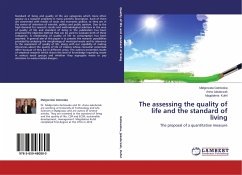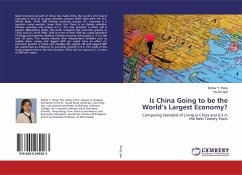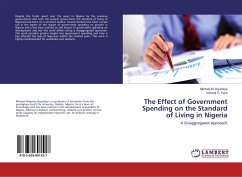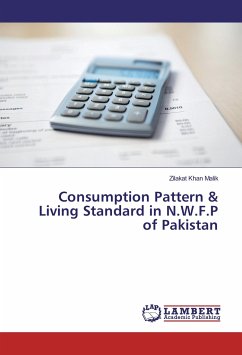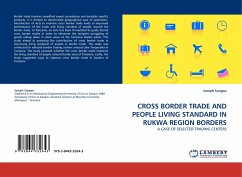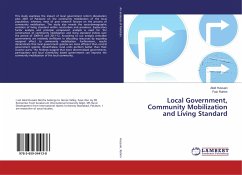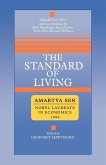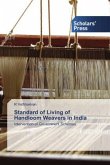Standard of living and quality of life are categories which more often appear as a research problems in many scientific description. Each of them are connected with results of socio and economic politics, so they are in the center of attention of scientist, politics and public opinion. Due to the high demand for research results and methodological solutions in the area of quality of life and standard of living in the publication has been proposed the objective method that can be used to evaluate both of these categories. A relationship of quality of life to consumption has been assumed. A general aim of this paper is to present the research possibilities provided by analyzing the morphology of municipal waste and its relevance to the assessment of quality of life, along with our capability of making inferences about the quality of life of citizens whose consumer potentials differ because of they live in different areas. The authors presented results of empirical research which shows the level of knowledge regarding waste in various social groups and whether they segregate waste or pay attention to waste-related dangers.

